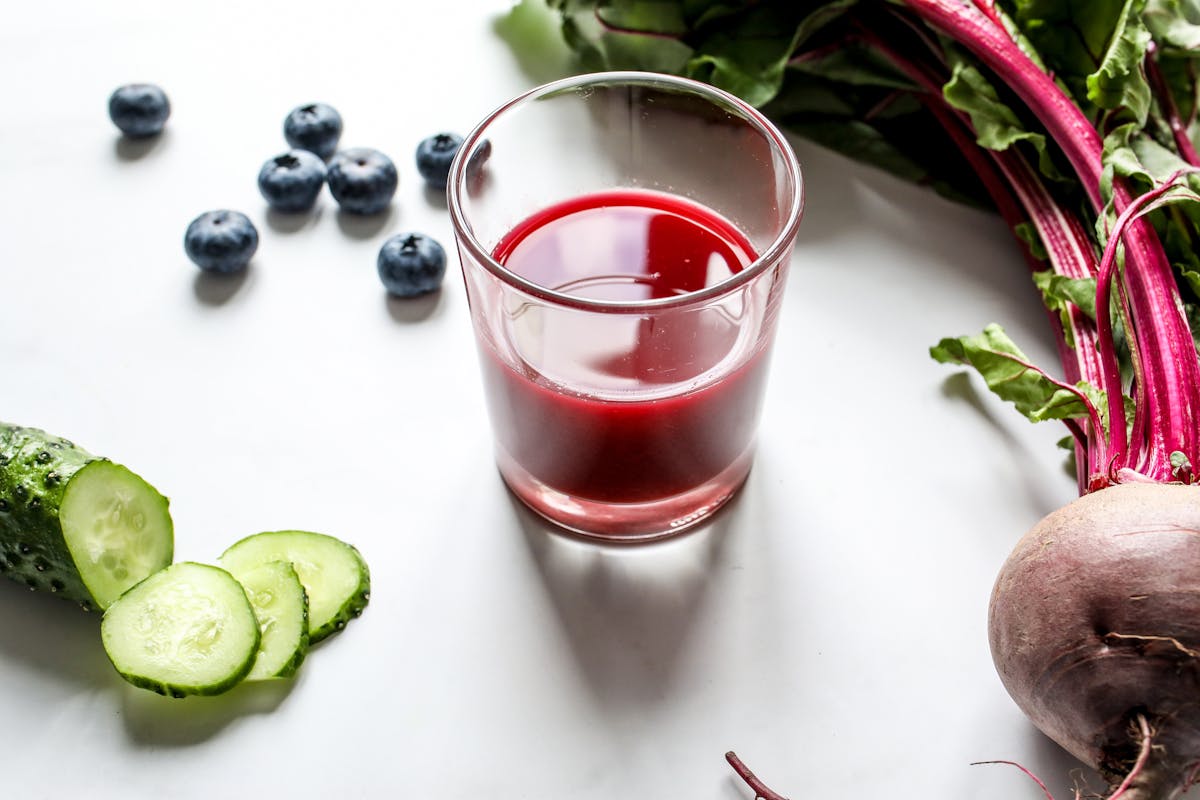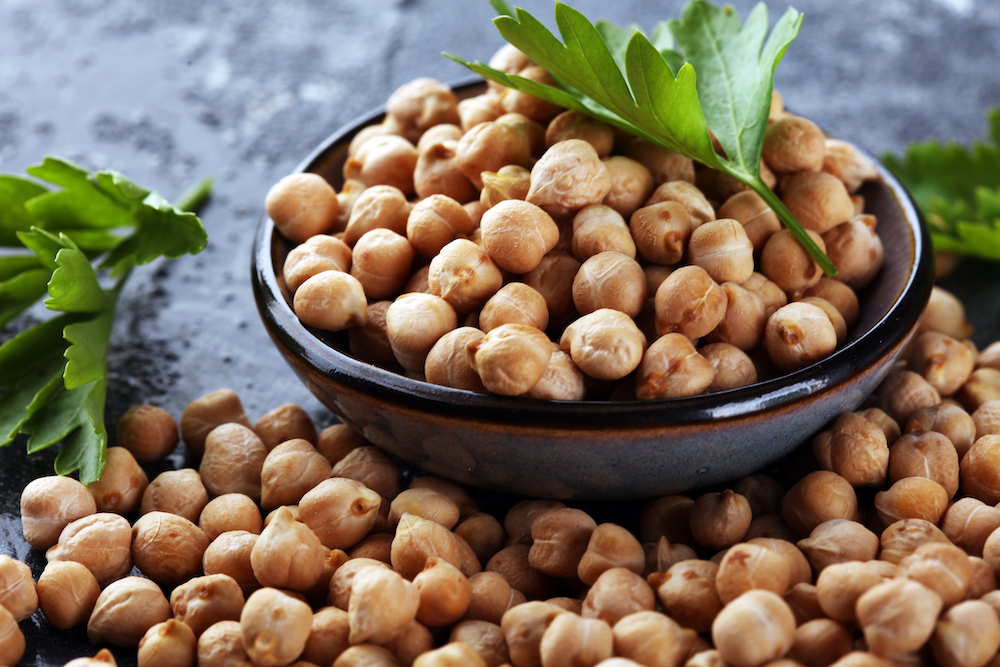
Chicken May Increase Risk of Cancer and Death, Especially in Men
When experts recommend diets for healthier aging, heart health, or reducing the risk of cancer and chronic diseases, they often emphasize the importance of fruits and vegetables, legumes, and lean protein sources such as chicken and fish.
Although dietary guidelines are increasingly leaning towards plant-based nutrition, chicken is still considered a healthier option among meats. However, a new study published in the journal Nutrients suggests that chicken may not be as healthy as previously thought, reports Index.hr.
Scientists examined the link between poultry consumption, gastrointestinal cancers, and the risk of premature death. Poultry included chicken, turkey, duck, and wild birds such as quail and pheasant.
By analyzing data from 4,869 middle-aged Italians over 19 years, who completed questionnaires about their dietary habits, it was found that individuals who died from gastrointestinal cancers—such as colorectal, liver, pancreatic, stomach, esophageal, and rectal cancer—had the highest level of white meat consumption, with poultry accounting for 33% of total meat intake.
People who consumed more than 300 grams of poultry per week, roughly equivalent to three and a half 85-gram servings, had a 27% higher risk of death from any cause. For men, that risk was as high as 61%. When focusing solely on the risk of gastrointestinal cancer, a weekly intake of 100 to 200 grams of poultry was associated with a 65% increased risk of death, while those who consumed more than 300 grams per week faced a 127% higher risk—and for men, even 161%.
How Much Chicken Is Too Much?
According to this study—the less, the better. The results indicate that poultry intake should be kept below 300 grams per week.
"Our results show that consumption exceeding 100 grams of poultry per week is associated with an increased overall risk of death, particularly from gastrointestinal cancers," the authors note. The risk increased proportionally with the amount of poultry consumed, and the effects were even more pronounced in individuals who also consumed more red meat.
Participants over the age of 83 who ate less than 100 grams of poultry per week had half the risk of dying from gastrointestinal cancer compared to those who ate more.
The Method of Preparation Also Matters
Scientists emphasized that the way poultry is prepared can affect health. Chicken cooked at high temperatures, such as grilling, or cooked for extended periods, can create compounds that damage DNA and potentially increase the risk of digestive system cancers.
Pay Attention to Total Meat Consumption
Researchers found that the total amount of meat an individual consumes plays a significant role in increasing the risk of death, even for those following a Mediterranean diet.
Among participants who died from other types of cancer, red meat accounted for more than 65% of total meat intake, compared to 56% and 58% in those who died from gastrointestinal cancer or other causes. More than half of cancer-related deaths were recorded in individuals who consumed more than 400 grams of meat per week, even with a Mediterranean diet.
"We believe it is beneficial to consume poultry in moderation and occasionally replace it with other valuable protein sources, such as fish," the authors conclude. "It is also crucial to pay attention to food preparation methods and avoid high temperatures and prolonged cooking."





